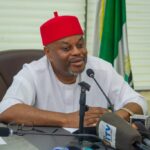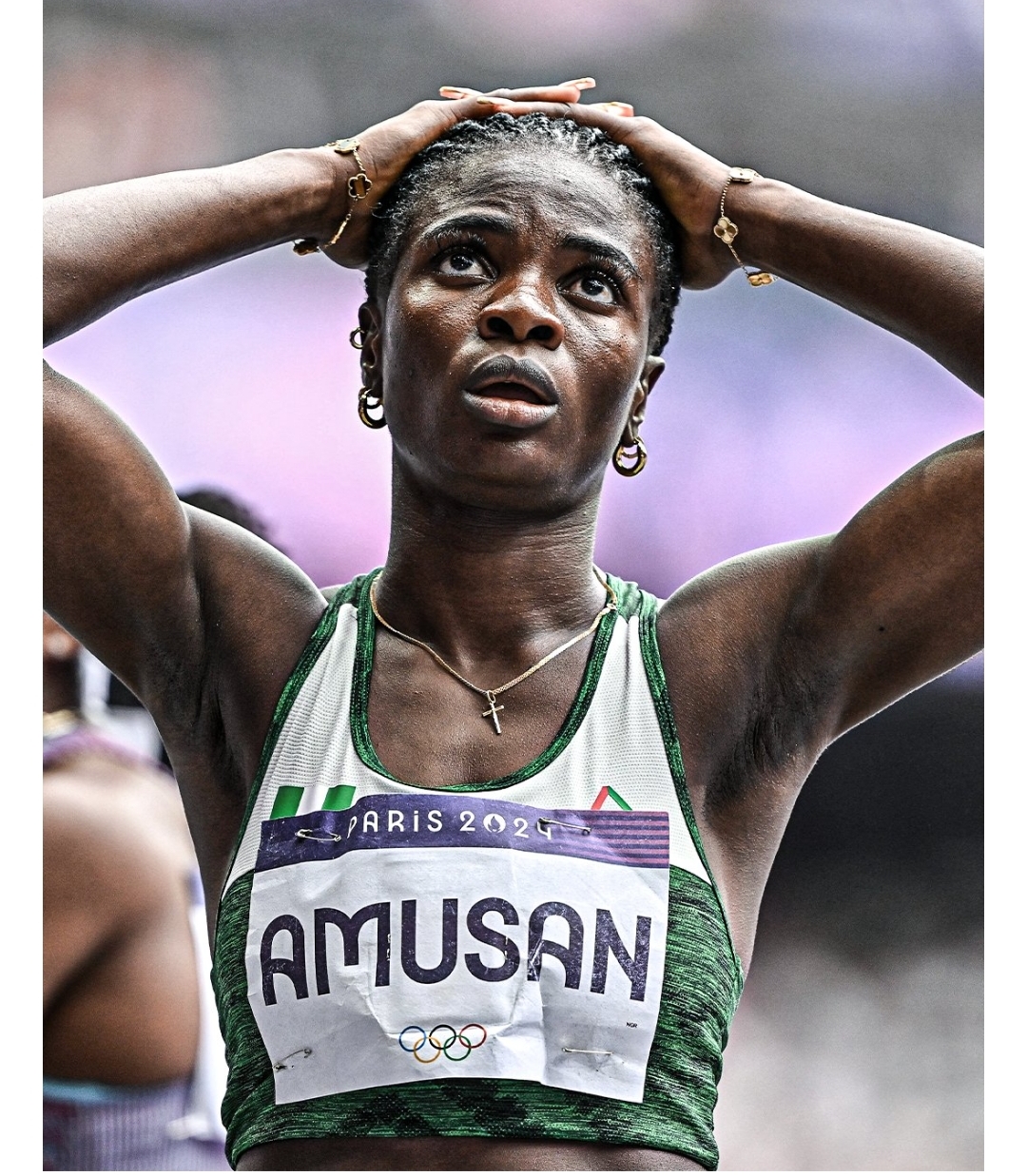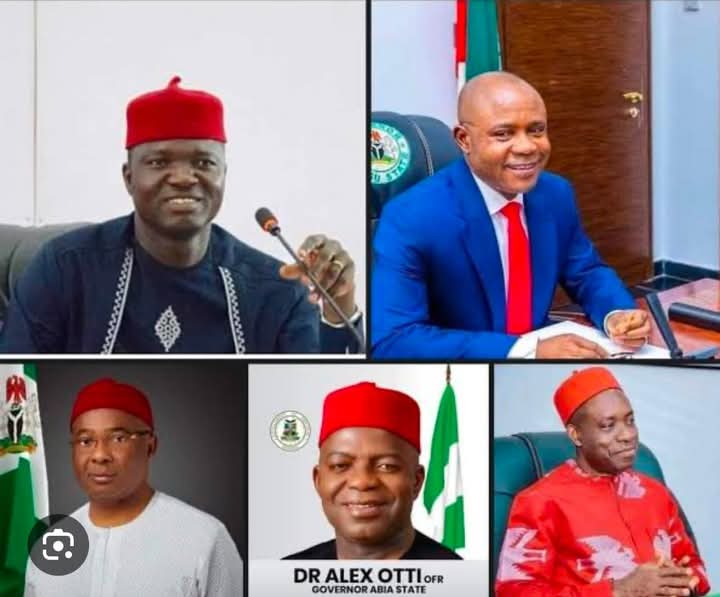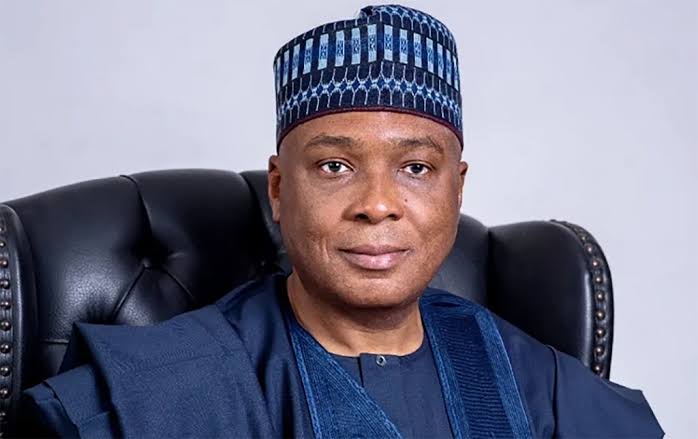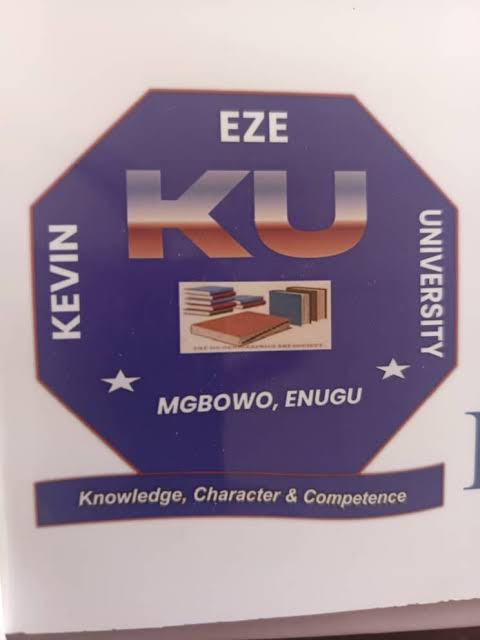By Zayd Ibn Isah
Many Nigerians are miffed by their country’s abysmal performance at the recently concluded Olympics in Paris. Team Nigeria entered the tournament with high expectations but ultimately came up empty. Not even the world record breaker and star athlete, Tobi Amusan, could salvage a gold medal for the country, talk less of silver, or bronze. It was an all-around poor performance, almost seemingly unprecedented in our sporting history as a nation, until one recalls that the same thing happened at the London 2012 Olympics. It now appears that we did not learn from that particular event.
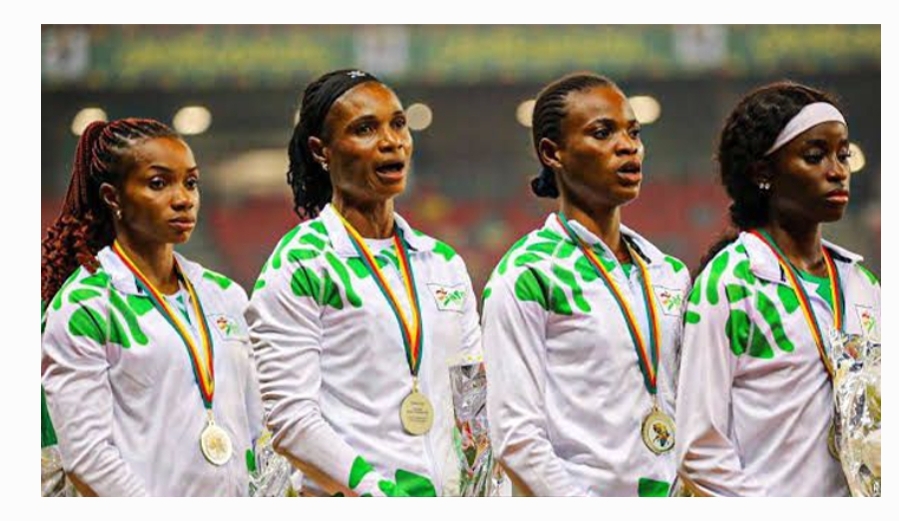
Nigerians are not only angry but are also asking questions. “How could a country of over 200 million people participate in the Olympics and fail to win a single gold medal?”
As expected, the brunt of the blame has shifted not to the athletes but to the local organizing committee, mainly because the body appeared not to have done their homework. The anger and frustration of Nigerians is well understood. After all, Nigeria has a storied Olympic history, with notable achievements including gold medals in football, track and field events, and even boxing. Our best outing came at the iconic 1996 Atlanta Olympics, where most notably, Chioma Ajunwa clinched gold in the women’s long jump, and the “Dream Team” of elite footballers earned gold after edging out formidable opponents such as Argentina and Brazil, in memorable fashion no less. In total, Nigeria has earned 27 medals from all the Olympic Games it has participated in since 1952. The 2024 Games presented an opportunity for Nigeria to build on this legacy by adding to our vault of medals, but unfortunately, we fell short.
The Minister of Sports Development, Senator John Owan Enoh, recently acknowledged in a statement via his X handle that Team Nigeria’s performances were below par, before promising a thorough review to address the shortcomings. First of all, this is a commendable example of leadership from the Honourable Minister. A good leader always takes full responsibility, knowing that the buck stops at their table. Secondly, the ministerʼs statement offered revelations as to how administrative lapses and poor technical decisions led to the abysmal performances recorded. He expressed displeasure at how certain procedures were handled by sporting federations and the Nigeria Olympic Committee, even to the point of decrying how qualifications were prioritized over actual preparations for the Games. Lastly, and most importantly, the minister identified remedial ways through which Nigeria could, in learning from the mistakes of Paris 2024, prepare for a better outing not only at the next Olympics, but the forthcoming Paralympics as well. He said, “There must be a lot of lessons to learn from our performance and improvements must be made in all ramifications.”
Even with this, on social media, a few persons implicitly called for the Honourable Ministerʼs immediate resignation. However, Nigeria does not need a ministerial resignation from within one of its crucial sectors; we do not require a sacrificial lamb to be thrown to the wolves. Rather, there is a need for innovative ideas and grounded strategies in order to revitalize sports development in Nigeria. This is why we need a functional and dedicated ministry of competent and patriotic professionals to hold the forte, even as we discover and train the gifted athletes amongst us.
Studies done over the past two decades have identified key factors responsible for the dominance of a few countries at the global stages of competitive sporting events like the Olympics. These factors are population size, and the level of investment in sports. Let’s consider countries like China and the United States of America, with population sizes of over 1.4 billion, and 345 million people respectively, and world-class structures for the development of athletic talent from the early stages.
Most Chinese and American star athletes are even able to develop their skills from childhood, often with adequate funding and training facilities. However, India has a much different story to tell. With a population equal to that of neighbouring China, India relatively performs poorly at the Olympics. This year, India won just six medals in Paris, falling short of its record haul of seven medals at Tokyo in 2021. A friend of mine joked that Indians are much more interested and passionate about cricket (which is sadly not represented in the Olympics) and dance choreography, than athletics.
But population size and jokes aside, the importance of an efficient sports development structure is precisely why countries like Canada and Australia, with a combined population that is not up to half of ours, often perform excellently at the Olympic Games. In Paris, Australia racked up a total of 53 medals while Canada earned 27. This goes to show that population size is not the strongest guarantee of success at the global stage. Rather, having the financial resources and elite facilities to sustain the training of potential talent in a variety of sports, not just football, is the surest route to excellence.
Nigeria has a history of glory in football that unfairly sidelines other sports. In a sense, it is almost like our overdependence on crude oil as a national resource. Presently, even our dominance in football is being questioned by the national teams of countries that are not “our mates” as is often said here. It does not also help that a lot of youngsters dream of using football to gain wealth and fame like Victor Osimhen, Asisat Oshoala and Victor Boniface. Not only are they ignorant or dismissive of other sporting games, but they might believe there is little to be gained in athletics. This is where sports development, awareness and sponsorship should come into play.
Clearly, financing is a major factor to sports development in Nigeria. As the situation has now become critical, there is a need for the Ministry of Sports Development to aid national sporting bodies in executing fund-raising programs, even as the government (federal and state) prioritize the allocation of resources for sport. A comprehensive sports policy should be put in place to encouraging participation in a variety of sporting activities—not just football, especially in primary, secondary, and tertiary educational institutions. This promotion must extend to the rural areas as a way of widening the talent net. There is also an urgent need to attract private sector and multinational investment in sports. Star athletes in certain countries are always courted for endorsement deals by big companies. If this happens more often in Nigeria, the sports sector would be more appealing for the youth to pursue in terms of a career.
Paris 2024 has now come and gone, and the world watched the events to see high levels of athletic prowess, while relishing the drama of elite competition. Many athletes were able to earn the glory of medals for themselves and their countries as well. While our nation returned with nothing to show for the efforts expended, it is particularly painful to note that a few Nigerians won medals, but did so under different nationalities. Some people on social media theorized that this only proves talent cannot be nurtured fully within our country. Such an assertion might seem logical, but is fundamentally wrong, thanks to our iconic records of success at the global stage.
Although we may not have won any gold medals, we should be proud of the fact that none of the athletes was found to be abusing drugs. That would have been more disappointing.
Be that as it may, I believe that we are now at a pivotal moment in our history of sports development. Success at the Olympics have always been a matter of several factors intersecting either by chance or calculated intentionality. As a country, we cannot rely on luck, grace or prayers alone. We must work together to harness raw talent through dedicated training, adequate funding (allowances and training grants) and motivation. It might seem like other sectors currently deserve more attention than sports, but we must remember that sporting glory has often been instrumental towards fostering national pride and unity. In addition, sports provide channels for youths to gain formidable skills that would be of more benefit than the resort to drugs, violence, and crime.
In a nutshell, the area of sports development might just be one of our saving graces as a nation. What matters now is not how badly we might have performed, but how we can position the best among us for better outings in the nearest future. While there is yet still hope for our athletes in the Paralympic Games set to begin on August 28, the hype for the next Summer Olympics in Los Angeles (set for July 2028) is already building up. And as a country, our recent experience should ensure that the success we deserve would be possible only if we begin the work required now.
Zayd Ibn Isah can be reached at lawcadet1@gmail.com




